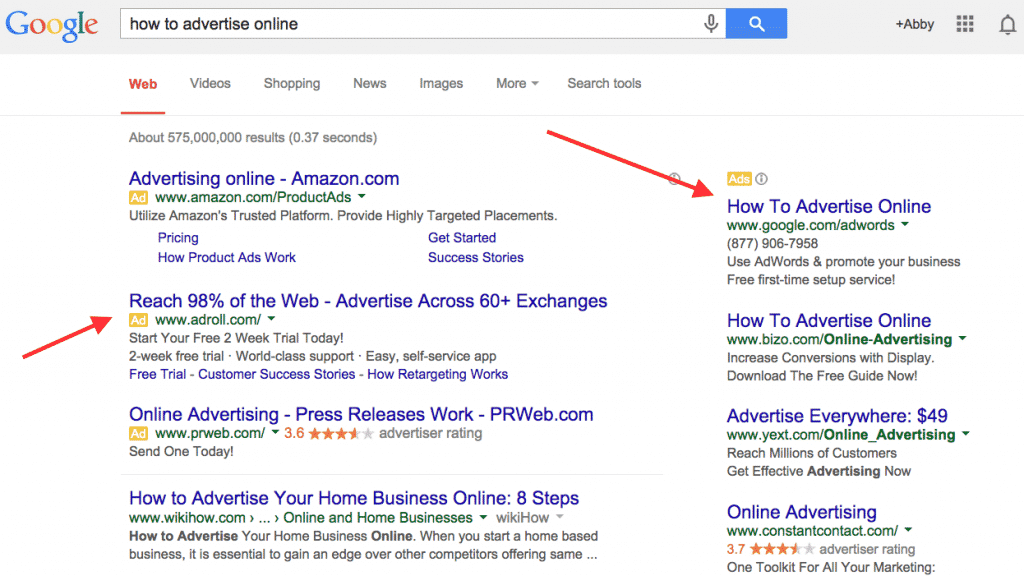Pay-per-click (PPC) advertising is an essential part of digital marketing, allowing businesses to reach potential customers with targeted ads. However, many businesses make common mistakes that can limit the effectiveness of their PPC campaigns. In this article, we will discuss how to optimize your PPC campaign by avoiding these mistakes.
Not Defining Your Goals
One of the most common mistakes businesses make when running PPC campaigns is not defining their goals. Without clear objectives, it is difficult to create an effective PPC strategy. Are you looking to increase website traffic, generate leads, or boost sales? Each goal requires a different approach to PPC advertising.
Take the time to define your goals and align them with your overall marketing strategy. This will help you create targeted ads that resonate with your target audience and ultimately drive conversions.
Not Conducting Keyword Research
Keyword research is a critical step in any PPC campaign. Without it, your ads may not reach your target audience, resulting in wasted ad spend. Keyword research allows you to identify the phrases and terms your potential customers are using when searching for products or services like yours.
Use keyword research tools to identify relevant keywords and create ad groups based on those keywords. This will help ensure that your ads are shown to people who are most likely to be interested in what you have to offer.
Not Crafting Compelling Ad Copy
Your ad copy is the first thing potential customers will see when they come across your PPC ads. It is important to make sure your ad copy is compelling and relevant to your target audience. Many businesses make the mistake of using generic ad copy that doesn’t stand out from the competition.
Craft ad copy that highlights the unique value proposition of your products or services. Use persuasive language that speaks directly to your target audience’s pain points and offers a solution. Also, make sure your ad copy is consistent with your landing page to ensure a seamless user experience.
Not Utilizing Negative Keywords
Negative keywords are phrases or terms that you do not want your ads to be associated with. For example, if you sell high-end luxury watches, you may want to exclude keywords like “cheap watches” or “affordable watches” from your campaign. This ensures that your ads are only shown to people who are interested in luxury watches.
By not utilizing negative keywords, you may be wasting ad spend on irrelevant clicks. Make sure to regularly review your search terms report and add negative keywords to your campaign as necessary.
Not Setting a Realistic Budget
Setting a realistic budget is critical to the success of your PPC campaign. Many businesses make the mistake of setting a budget that is too low, resulting in their ads being shown to a limited audience. Conversely, setting a budget that is too high can result in overspending and wasted ad spend.
Take the time to analyze your past performance data and set a budget that aligns with your goals. Make sure to monitor your campaign regularly to ensure you are not overspending or underspending.
Not Testing Ads
Testing your ads is essential to optimizing your PPC campaign. Many businesses make the mistake of creating ads and then forgetting about them. By not testing your ads, you may be missing out on opportunities to improve ad performance and drive conversions.
Create multiple variations of your ads and test them against each other to identify which ones perform the best. This can include testing different ad copy, images, and landing pages. Use the data from your tests to make informed decisions about which ads to run and how to optimize them.
In conclusion, optimizing your PPC campaign requires avoiding common mistakes and making informed decisions based on data. By defining your goals, conducting keyword research, crafting compelling ad copy, utilizing negative keywords, setting a realistic budget, and testing your ads, you can create. Connect with Experts Today.









Add comment